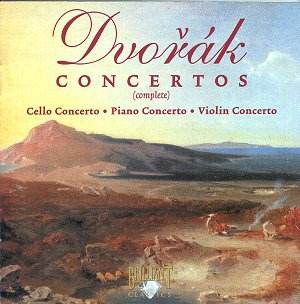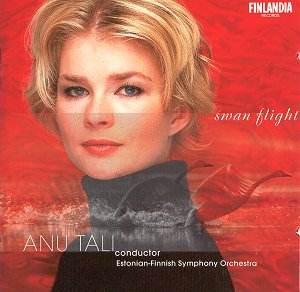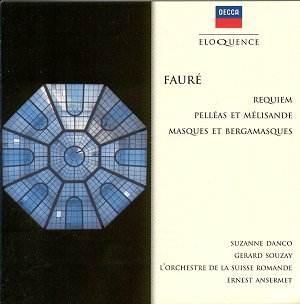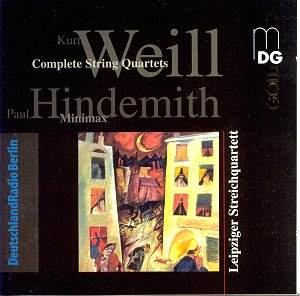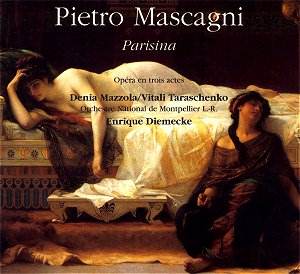 Composer: Pietro Mascagni
Composer: Pietro Mascagni
Works: Parisina
Performers: Denia Mazzola (soprano), Vitali Taraschenko (tenor), Tea Demurishvili (mezzo-soprano), Vladimir Vaneev (baritone), Laura Brioli (mezzo-soprano), Valery Ivanov (bass), Chorus of Radio Lettone National Orchestra of Montpellier Languedoc-Roussillon
Recording: Live performance at Opéra Berlioz-Le Corum on 22 July 1999
Label: NAÏVE
Pietro Mascagni remains an intriguing figure within the operatic canon, primarily celebrated for his groundbreaking work, Cavalleria rusticana. However, his lesser-known operas, such as Parisina, offer a rich tapestry of dramatic intensity and lush orchestral texture that warrant exploration. Based on a libretto by Gabriele D’Annunzio, this three-act opera, revised in 1913, unfolds a tragic narrative of love and vengeance set against the backdrop of Italian nobility. The recent recording from NAÏVE presents a significant addition to Mascagni’s discography, showcasing a work that, despite its historical obscurity, reveals the composer’s verismo influences and orchestral mastery.
The performance is anchored by the compelling interpretations of Denia Mazzola in the title role and Vladimir Vaneev as Niccolo d’Este. Mazzola’s spinto soprano possesses the necessary weight and dramatic flair, effectively conveying Parisina’s emotional turmoil. Her voice resonates with both strength and vulnerability, especially in the poignant moments of Act Two, where she kneels in prayer alongside Ugo. Vaneev’s portrayal of Niccolo is equally authoritative, capturing the character’s conflicted nature with a rich baritone that commands the stage. The interplay between these two leads is particularly notable during their confrontational duet, where Mascagni’s orchestration swells to accentuate the tension.
Conversely, Vitali Taraschenko’s performance as Ugo d’Este presents a significant challenge to the overall vocal balance of the recording. His tenor lacks the Italianate brilliance typically associated with this repertoire, leaving his character undernourished compared to his colleagues. The absence of a robust, cutting sound diminishes the impact of Ugo’s passionate declarations, particularly in the climactic moments of Act Three, where the dramatic stakes are highest. This deficiency is underscored when juxtaposed against the solid contributions of Tea Demurishvili as the vengeful Stella, whose rich mezzo-soprano imbues her limited role with a fierce intensity that lingers long after her exit.
Enrique Diemecke’s direction of the Chorus of Radio Lettone National Orchestra of Montpellier is commendable, particularly in the orchestral interludes that beautifully depict the emotional landscape of the opera. Mascagni’s deft orchestral sound painting comes to life in the hunting chorus, where the horn sections—both onstage and offstage—create a vivid sense of place, enhancing the overall theatrical experience. The recording quality captures the nuances of the orchestration with clarity, allowing the listener to appreciate the lush textures and intricate interplay between voices and instruments.
While Parisina has not enjoyed the same revival as Mascagni’s earlier work, this recording makes a convincing case for its merit. The blend of a strong cast, particularly Mazzola and Vaneev, along with Diemecke’s adept orchestral direction, showcases the opera’s dramatic potential. Despite the shortcomings of the tenor, the overall production is engaging and highlights Mascagni’s continued relevance within the operatic repertoire. For those willing to delve into the lesser-known corners of Italian opera, this recording of Parisina is a worthwhile exploration, revealing the complexities of love and betrayal through the lens of one of Italy’s most poignant composers.
